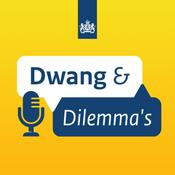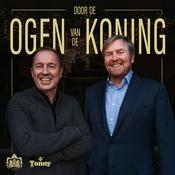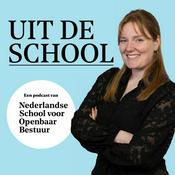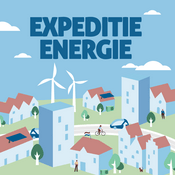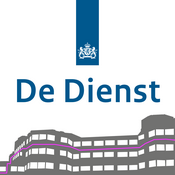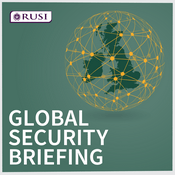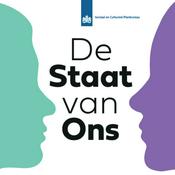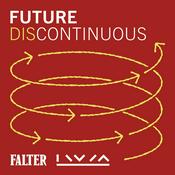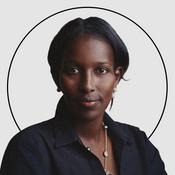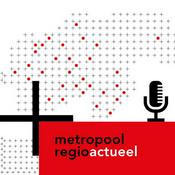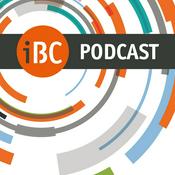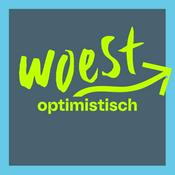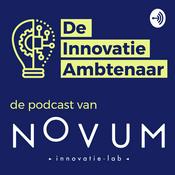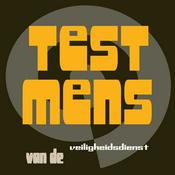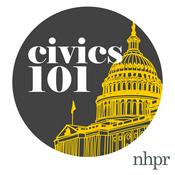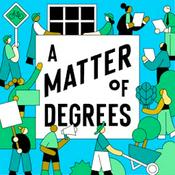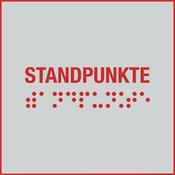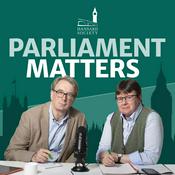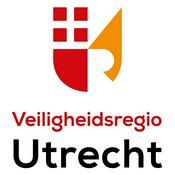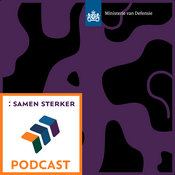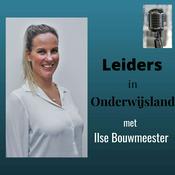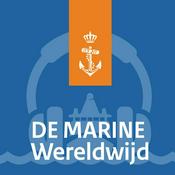585 afleveringen
- Cybersecurity has become a defining challenge for Ireland and Europe, with digital ecosystems underpinning our economic prosperity, democratic resilience, and the functioning of critical infrastructure. As energy systems, healthcare, financial services, and other systems become more digitally interconnected, the potential societal impacts of cyberattacks grow exponentially. In this panel discussion, organised in conjunction with Accenture, this event discusses the risks which Ireland and Europe face from a heightened risk environment, and how Europe can augment its resilience to a more complex cyber threat landscape.
The panel for this event include:
- Jacky Fox, Senior Managing Director, Global Lead for Security Strategy Practice, Accenture
- Richard Browne, Director of the National Cyber Security Centre
- Donal Óg McCarthy, Cybersecurity Lead, Ireland, Accenture
- Joyce Hakmeh, Associate Fellow, International Security Programme, Chatham House - This IIEA event features a keynote address by Cristina Gherasimov, Deputy Prime Minister for European Integration of the Republic of Moldova and Chief Negotiator with the EU, outlining Moldova’s progress towards EU membership, key reform priorities, and the challenges shaping the accession process. Deputy Prime Minister Gherasimov’s address be followed by a discussion with leading academic and policy experts examining Moldova’s advancement in the EU accession process, the broader evolution of EU enlargement, and the strategic context for Europe. This discussion also explores the role of EU Member States, including Ireland, in supporting Moldova’s path towards EU membership.
This event is part of the IIEA’s Future-proofing Europe Project, which is kindly supported by Department of Foreign Affairs and Trade.
About the Speaker:
Cristina Gherasimov was appointed Deputy Prime-Minister for European Integration and Chief Negotiator with the European Union in January 2024 and reappointed in the Alexandru Munteanu Cabinet, formed after the parliamentary elections, held in September 2025. She previously served as Adviser to the President of the Republic of Moldova on Foreign Policy and European Integration, as well as holding the position of Secretary General of the Presidential Office. In these roles, Cristina Gherasimov served as the President's Sherpa for several European and global summits and events, such as the European Political Community Summit, UNGA, and Moldova Support Platform, among others. Her responsibilities extended to coordinating efforts in the area of foreign policy and EU integration process. For a short period after, Cristina Gherasimov also served as Secretary of State at the Ministry for Foreign Affairs and European Integration. Prior to her service in the Moldovan government, Ms Gherasimov acquired a rich and diverse background in academia, research institutes, think tanks, and public organisations. - In this event, Kent Walker, President of Global Affairs for Google, discusses the importance of Ireland as a digital economy hub in Europe and the role of the digital economy in ensuring Ireland’s future prosperity.
Mr Walker also discusses how Ireland can harness its upcoming presidency of the Council of the EU, starting in July 2026, to push for the measures that are needed to unleash Europe’s digital competitiveness and to secure Europe’s digital resilience.
In his remarks, Mr Walker examines the debate about Europe’s regulatory framework, the growing role of AI, and how to ensure Europe’s resilience against digital threats.
This event is organised as a collaboration between the IIEA and Google.
Kent Walker is President of Global Affairs at Google and Alphabet, overseeing content policy, government and regulatory affairs, and legal, risk, and compliance matters. With a 30+ year career at the intersection of technology, law, and policy, he has led Google's advocacy on key issues and served as the first chair of the Global Internet Forum to Combat Terrorism. A Harvard and Stanford Law graduate, Kent was previously an Assistant U.S. Attorney and held executive positions at Netscape, AOL, and eBay. He serves on TechNet's executive committee and the Council on Foreign Relations. Connecting the Unconnected and Leaving No One Behind:How Digital Technologies and AI Aid Development
10-2-2026 | 1 u. 3 Min.In her speech, Ms Bogdan-Martin addresses the role of the International Telecommunication Union (ITU) in securing universal connectivity for all, particularly how ICT can be used to assist developing countries to ensure that no one is left behind and that the ITU programmes reach the furthest behind first. She explores how AI can be used for inclusion, providing access to healthcare and education in developing countries, and presents an innovative ITU programme which focuses on migration and connecting refugees from camp to camp. Finally, she highlights developments in cybersecurity and protection of critical infrastructure, from energy to subsea cables.
This event is part of the IIEA’s Development Matters Series which is kindly sponsored by Irish Aid.
Doreen Bogdan-Martin is the Secretary-General of the Internation Telecommunication Union (ITU), taking office in January 2023, becoming the first woman ever to head the organisation. Ms Bogdan-Martin has held leadership positions in the field of international telecommunications policy for over three decades, with a track-record of brokering innovative partnerships to expand digital inclusion and connectivity for everyone around the world. Previously, Ms Bogdan-Martin served as the Executive Director of the Broadband Commission for Sustainable Development, focusing on delivering new partnerships, global initiatives on connectivity innovation, digital transformation, and youth engagement. She was also co-founder of the EQUALS Global Partnership to bridge the digital divide, and co-creator of the GIGA school initiative. She has been awarded the IEEE President’s Award for ‘distinguished leadership and contributions to the public’ and the SIA Leadership in Government Award for her ‘distinguished career in both domestic and international space policy. In 2025, Forbes named Ms Bogdan-Martin in its 50 over 50 Impact list recognising women using their experience to benefit the world.- 2026 marks the fourth year of Ukraine's defence against Russia's full-scale invasion. In his remarks to the IIEA, Oleksandr Kraiev discusses how Ukraine's defence continues to shape the future of Europe's security architecture. He discusses the ongoing negotiations regarding a peaceful settlement to the conflict. Moreover, he reflects upon the changing transatlantic relationship, its implications for Europe's security environment, and the need for other European States to do more to rebuild Europe's security architecture.
Oleksandr Kraiev is the Director of the North America program in Foreign Policy Council "Ukrainian Prism", a senior lecturer at National University "Kyiv-Mohyla Academy", and a host at Apostrophe TV channel. He is also a PhD candidate with the topic on Trump's first Main spheres of interest - US and UK foreign policy, US presidents in foreign policy decision making, hybrid security, Ukrainian foreign and security policies.
Meer Overheid podcasts
Trending Overheid -podcasts
Over IIEA Talks
Sharing Ideas Shaping Policy. The Institute of International and European Affairs is an independent policy research think-tank based in Dublin.
Podcast websiteLuister naar IIEA Talks, Dwang en Dilemma's en vele andere podcasts van over de hele wereld met de radio.net-app
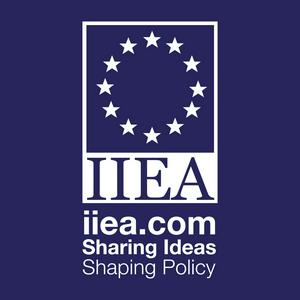
Ontvang de gratis radio.net app
- Zenders en podcasts om te bookmarken
- Streamen via Wi-Fi of Bluetooth
- Ondersteunt Carplay & Android Auto
- Veel andere app-functies
Ontvang de gratis radio.net app
- Zenders en podcasts om te bookmarken
- Streamen via Wi-Fi of Bluetooth
- Ondersteunt Carplay & Android Auto
- Veel andere app-functies


IIEA Talks
Scan de code,
download de app,
luisteren.
download de app,
luisteren.


